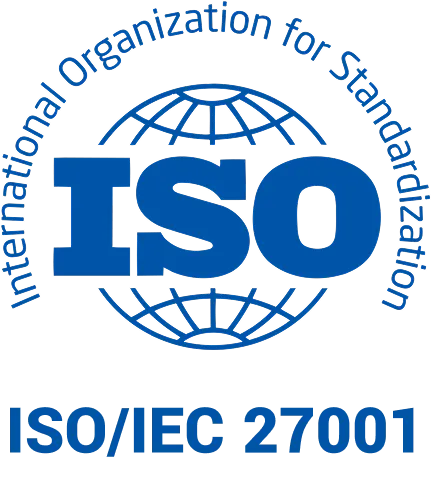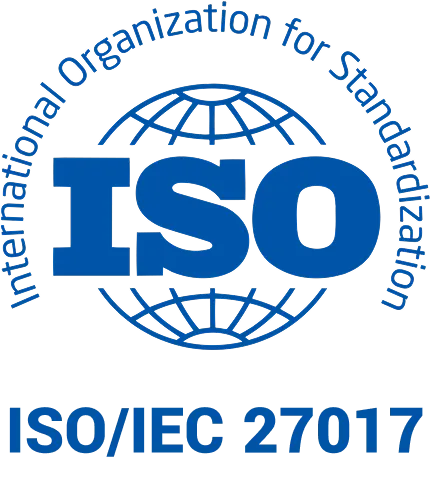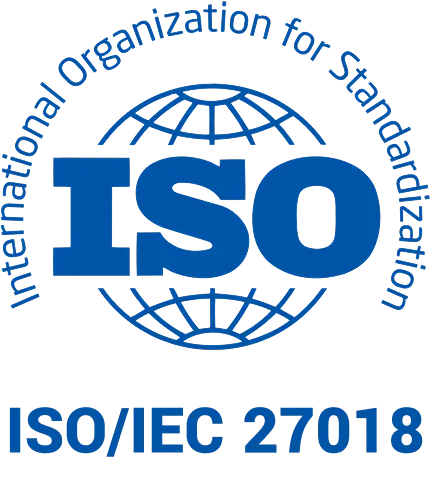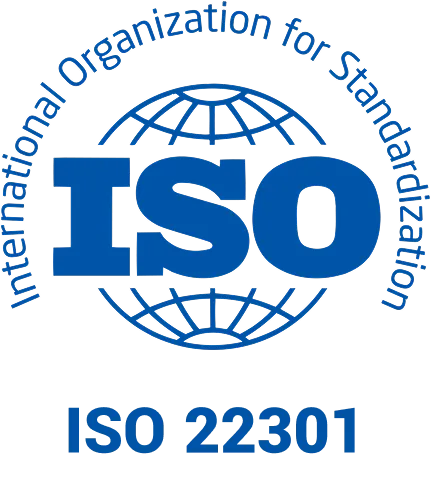
Regenerative Meals for Employees: Obligations, Conditions, and Organization
Regenerative meals are a mandatory benefit an employer must provide to specific groups of employees who perform work with a particularly high energy expenditure. According to current labor laws, the employer is obligated to provide free regenerative meals to employees working in conditions that require increased physical effort. In 2025, the obligation to provide regenerative meals applies to about 2.3 million employees in Poland, especially in the construction, mining, and manufacturing sectors.
What are Regenerative Meals and Who is Entitled?
Definition and Purpose of Regenerative Meals
Regenerative meals are a free food benefit that an employer must provide to employees who perform physical work with increased effective energy expenditure. Their main goal is to replenish the energy and nutrients lost during work with high physical exertion.
Difference between Regenerative and Prophylactic Meals
The key difference between regenerative and prophylactic meals lies in their purpose. Prophylactic meals are provided to employees exposed to harmful work environment factors to neutralize their effects on the body. Regenerative meals, on the other hand, are for employees performing work with high energy expenditure to restore their strength.
Groups of Employees Entitled to Regenerative Meals
A regenerative meal is due to employees who:
- Perform physical work with an effective energy expenditure of over 2000 kcal for men and 1100 kcal for women.
- Work in special environmental conditions.
- Are employed in intervention work.
Legal Basis for the Obligation to Provide Meals
Article 232 of the Labor Code – Employer's Obligation
According to Article 232 of the Labor Code, an employer is obligated to provide employees with appropriate meals when they perform work with a particularly high energy expenditure. This provision is the legal basis for the entire system of food benefits in workplaces.
Regulation of the Council of Ministers of May 28, 1996
Detailed regulations regarding regenerative meals are contained in the Regulation of the Council of Ministers of May 28, 1996, on the types of work and working conditions for which employees are entitled to a regenerative meal. This document specifies the conditions for entitlement and the requirements for the meal's composition.
No Financial Equivalent for Unprovided Meals
An important rule is that regenerative meals cannot be replaced by a monetary equivalent. The employer must guarantee the regenerative meal in a physical form, which stems from the regenerative nature of the benefit.
Conditions for Entitlement to a Regenerative Meal
Energy Criteria: 2000 kcal for Men, 1100 kcal for Women
The basic criterion for entitlement to a regenerative meal is the effective energy expenditure of the body. An employee is entitled to a regenerative meal when this expenditure exceeds:
- 2000 kcal during an 8-hour shift for men.
- 1100 kcal during an 8-hour shift for women.
Work in Environmental Conditions: Temperature, Open Space, Underground
Regenerative meals are also due for work performed:
- In ambient temperatures above 28°C or below 10°C.
- In an open space for at least half of the working time.
- In underground mine workings.
Intervention Work: Removing the Effects of Natural Disasters
Regenerative meals are due to employees performing intervention work regardless of energy expenditure. This applies to rescue operations, removing the effects of natural disasters, or failures.
WBGT Index as a Measure of Thermal Load
The WBGT (Wet Bulb Globe Temperature) index is used to assess thermal conditions, taking into account temperature, humidity, and thermal radiation. A WBGT value above 28°C for light work entitles an employee to a regenerative meal.
Composition and Form of a Regenerative Meal
Nutritional Requirements: Caloric Value and Ingredient Proportions
A regenerative meal must meet specific nutritional requirements:
- Caloric value: minimum 600 kcal.
- Protein: 15-20% of the energy value.
- Fats: 25-35% of the energy value.
- Carbohydrates: 45-60% of the energy value.
Form of Benefit: Hot Meal, Catering, Vouchers, Products
The employer can provide meals to employees in various forms:
- An on-site company canteen with hot meals.
- External catering.
- Vouchers or cards for regenerative meals.
- Food products in the form of dry rations.
Recommended Serving Time: After 3-4 Hours of Work
The regenerative meal should be provided to the employee 3-4 hours after starting work to ensure optimal body regeneration during the work shift.
Organization and Documentation of the Benefit
On-site Canteen, External Catering, and Other Forms of Implementation
The organization of regenerative meals can take various forms:
- Company canteen - the most controlled form.
- External catering - a flexible solution for medium-sized companies.
- Meal cards - a modern form of the benefit.
- Food vending machines - for small workplaces.
Meal Card as an Organizational Tool
A meal card for regenerative meals is a modern organizational tool that allows for:
- Controlling the meals provided.
- Documenting the benefit.
- Flexibility for the employee to choose where to eat.
Documentation and Quality Control of Meals
The employer should maintain documentation including:
- A list of employees entitled to meals.
- Menus with nutritional values.
- Quality certificates from food suppliers.
- Sanitary inspections.
Prophylactic Drinks as a Supplement to the Benefit
Types of Drinks and Conditions for their Provision
An employee is entitled to a prophylactic drink when working in high temperatures:
- Still mineral water.
- Isotonic drinks.
- Herbal teas with a cooling effect.
Employer's Obligation for Drinks
The employer must provide a regenerative meal and supplementary drinks for work in temperatures above 25°C, ensuring a minimum of 0.5 liters of fluids per work shift.
Tax and Financial Aspects
ZUS Exemption Limit up to 450 PLN per Month
The value of regenerative meals up to 450 PLN per month is exempt from ZUS contributions, which is a significant relief for employers. This limit remains unchanged in 2025.
Costs of Regenerative Meals and Income Tax
The tax costs of regenerative meals are fully recognized as business expenses, provided that the legal requirements for employee entitlements are met.
Regenerative Meals and VAT
Regenerative meals provided directly to employees are not subject to VAT. However, when purchasing food or catering services, the employer can deduct the input VAT.
Additional Actions to Support Healthy Eating
Culinary Workshops for Employees as an Educational Benefit
Progressive employers organize culinary workshops that promote:
- Principles of healthy eating.
- Preparing meals at home.
- Planning a balanced diet.
Difference between a Lunch Card and a Mandatory Benefit
A lunch card as a benefit differs from a mandatory regenerative meal in that it is a voluntary employer benefit, not a requirement of labor law.
FAQ: Posiłki regeneracyjne dla pracowników
Who is entitled to regenerative meals?
Regenerative meals are for employees performing physical work with an energy expenditure of over 2000 kcal (men) or 1100 kcal (women), and those working in special environmental conditions or during intervention work.
Can a regenerative meal be replaced with a monetary equivalent?
No, regenerative meals cannot be replaced by a monetary equivalent. The employer must guarantee the regenerative meal in a physical form—a hot meal, food products, or meal vouchers.
What are the requirements for a regenerative meal?
A regenerative meal must have a minimum of 600 kcal and contain appropriate proportions of protein (15-20%), fats (25-35%), and carbohydrates (45-60%). It should be provided 3-4 hours after starting work.
Who covers the costs of regenerative meals?
The costs of regenerative meals are entirely covered by the employer. The value of meals up to 450 PLN per month is exempt from ZUS contributions and is a deductible business expense.
How to document the provision of regenerative meals?
The employer should maintain documentation including a list of entitled employees, menus, supplier certificates, and sanitary inspections. Using meal cards is recommended for better control.
Summary
The obligation to provide regenerative meals is a crucial element of the health protection system for employees performing work with high energy expenditure. The regulations concerning regenerative meals should be treated as an investment in the health and productivity of the workforce. Employers should not only fulfill their legal obligations but also treat them as a way to build a company culture focused on employee well-being. NAIS offers comprehensive support in organizing a regenerative meal system, helping employers meet all legal requirements while optimizing costs and processes.





































